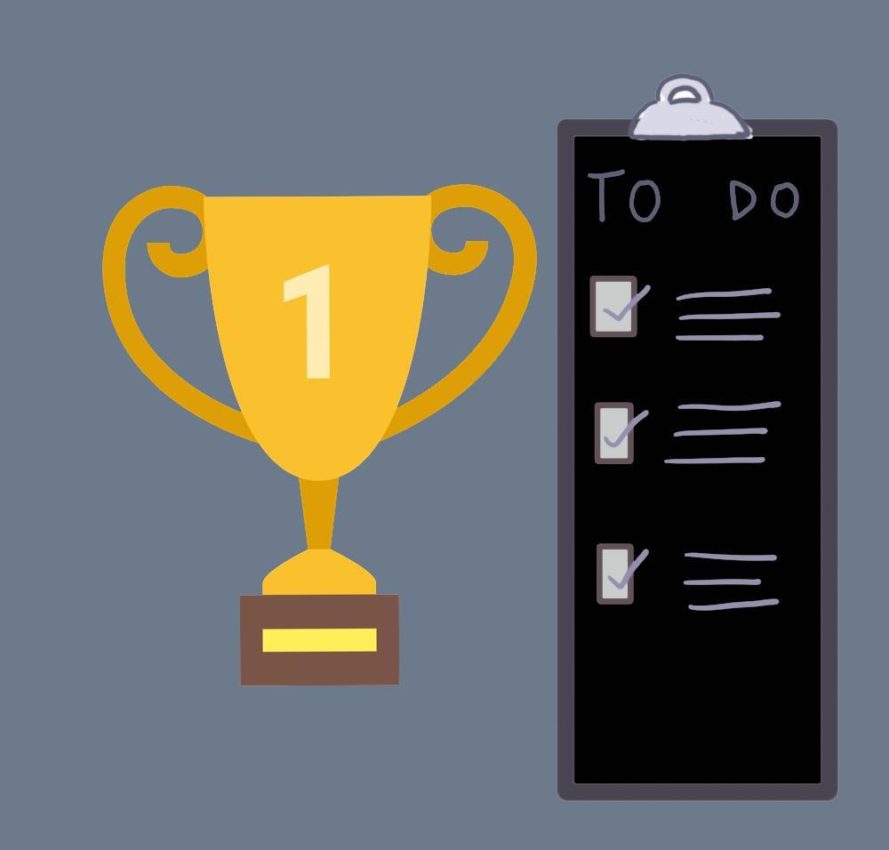
As a society, we look for oppositions constantly and needlessly — any dive into political Twitter is a shameless display of this dance. It’s high time we let go of this ridiculous good versus bad binary.
Take, for example, the inauguration of United States President Joe Biden and Vice-President Kamala Harris. While many rejoiced at the event, be it for the Democratic victory or for the end of Trump’s tyrannical pseudo-dictatorship, others did not hesitate to bring up the pair’s respective problematic pasts, including allegations of sexual assault and legislation that went against trans rights for inmates.
Parallel to this, there’s also Justin Trudeau’s own complicated engagement with the global climate crisis. In 2020, Canada’s Prime Minister was awarded National Geographic’s Planetary Leadership award, intended to recognize “a world leader who has successfully established globally significant protected areas … that are fully shielded from exploitation.”
In the same year, Trudeau endorsed a West coast oil and gas pipeline project cutting through unceded Indigenous territory without the approval of the land’s recognized governing hereditary chiefs.
In a global climate crisis and in light of historically racially oppressive systems, as well as the weight and validity of lived experiences of BIPOC, this is nothing short of deplorable.
At the same time, to know that an elected leader is worthy of note for any of their efforts in protecting our planet is a breath of fresh air.
Though seemingly on opposite sides of the spectrum of good and bad, can both of these things not be true?
Despite working for a justice system built on the oppression of Indigenous peoples and enslaved Black folks as a prosecutor, is Harris’ victory as the first woman, Black American and person of South Asian descent to be vice president not worth celebrating?
Or perhaps, even though Biden’s inauguration ended the Republican chokehold on the US and gave us hope for a more progressive future, should we not be more focused on the list of allegations attached to the name of yet another American president, or on the lack of meaningful progressive change the Democratic party has produced so far?
This incessant construction of either/or binaries is serving only to further polarize our already divided society, in a never-ending battle of “I am the wokest and most morally pure” versus “Look how pretentious those people are.”
And for what?
Although we might desperately want to, we cannot argue against a proven fact. Instead, we need to learn to hold two things that we might think are at odds with each other, and move forward.
In a culture so fixated on perfection, it is necessary to celebrate whatever victories come our way. That said, we also cannot willfully ignore what is wrong. We participate in many systems, both good and bad, consciously and unconsciously. To critique the systems we are involved in is necessary for the system’s progression and evolution, and our own.
Creating extra work for ourselves in glorifying the “yes, but” — thus further creating meaningless adversity to sort out — is ludicrous at best.
Instead, we must shift the way we consider situations into a “yes, and” mentality. Yes, Trudeau’s single-use plastic ban is a trivial use of time and money in the face of much more imminent dangers, and it is also a fantastic step in the right direction. I think it is both, together, at once.
The human obsession with “good versus evil” has historically been a river of inspiration with a flood of negative consequences. Our seemingly inherent desire to conquer what is “bad” has left us mired in a slough of harm. We have locked ourselves in our own cage of imaginary bars.
With apprehensive minds and hopeful hearts, let us swing open the doors to set ourselves free. Better yet, let us give up this ridiculous imagination of restrictive binaries altogether.
This op-ed was written by a University of Saskatchewan undergraduate student and reflects the views and opinions of the writer. If you would like to write a reply, please email opinions@thesheaf.com. Gavin Robertson is a second-year undergraduate student in the Arts & Science college and is questioning everything he can get his hands on.
—
Gavin Robertson | Contributing Reporter
Graphic: Akshara Dash
Leave a Reply